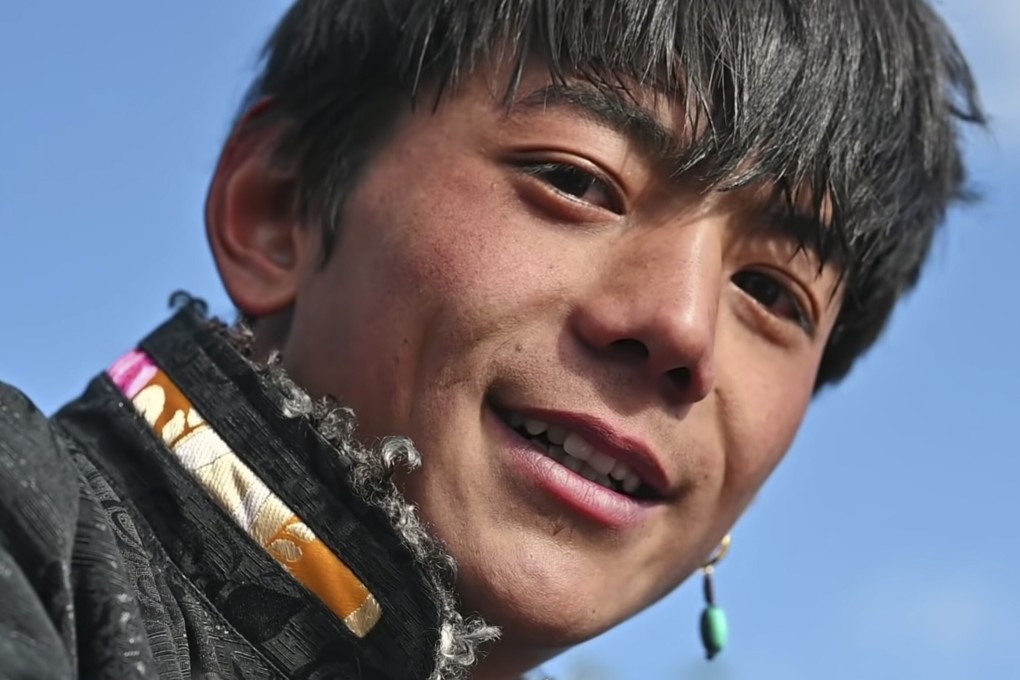5 weird and wonderful China stories that stood out in 2020
- From Wuhan’s heroic pet rescuers to Blackpink’s internet roasting regarding pandas, this year’s stories have run the gamut from heartwarming to hysterical
- There’s also the camel that trudged 100km home to find its owner after being sold, and the ’80s Taiwanese singer who became a hit in Europe

No matter how much we would like to forget 2020, it will be a year that everyone remembers.
The pandemic has dramatically changed lives and the course of history, and its ripple effects – still being felt globally – will continue for many years to come.
But amid the sorrow, distress and challenges, there have also been stories that have warmed the heart and made us laugh. As the year draws to a close, here are five from China.
Pet rescuers in Wuhan
Volunteers from a range of animal groups in Wuhan, the initial epicentre of the coronavirus pandemic, raced to save starving and neglected pets. Many of the dogs and cats had been left alone in homes with little food and water because their owners did not expect to be away for so long.
Animal-rights volunteers came to the rescue, leaving water and pet food to last more than a month. In some cases, volunteers took pets to homes of their owner’s friends, or to veterinary clinics.
